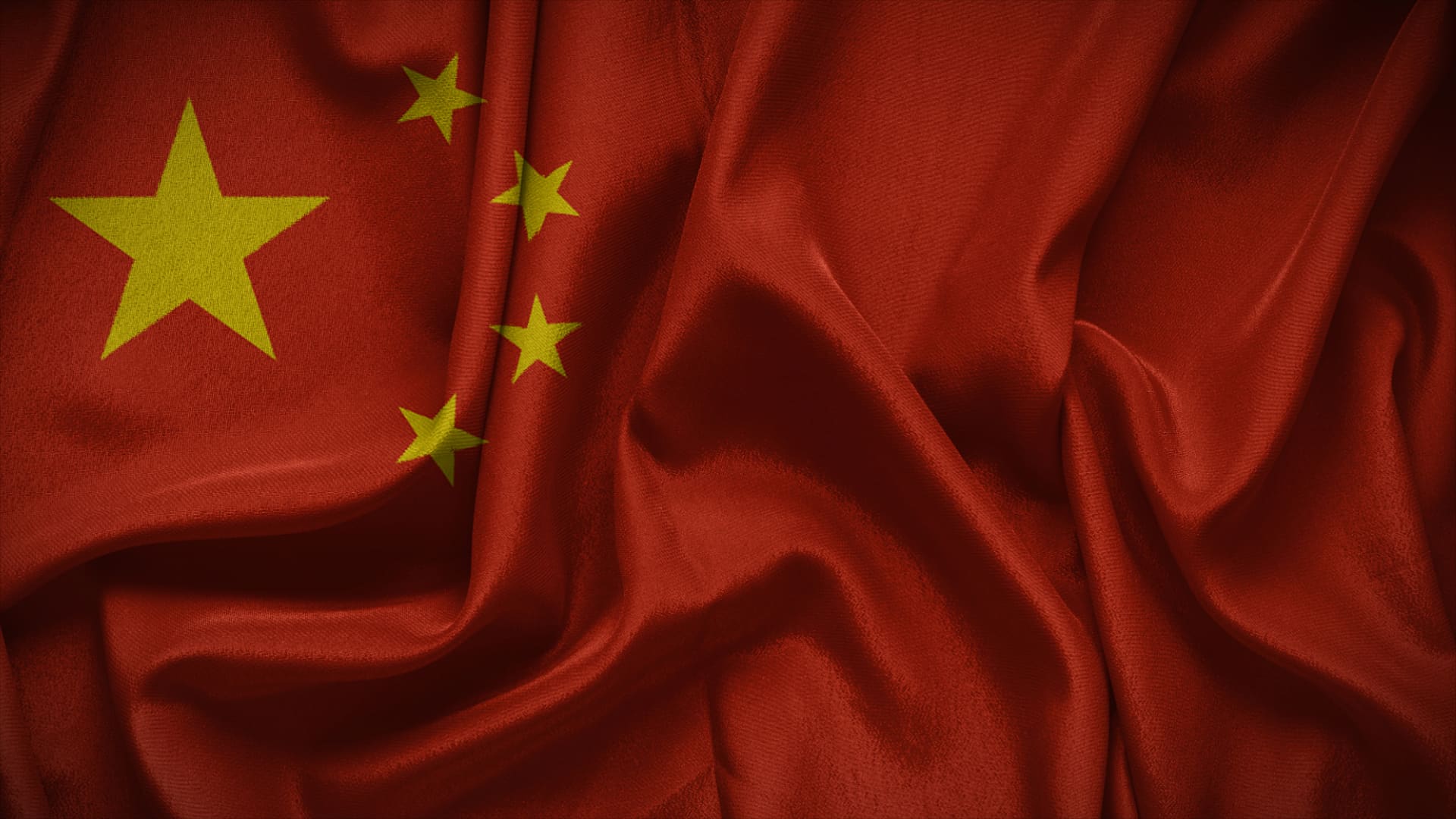‘Turkey is the most important country in the region’
The U.S. administration appears to be changing the Middle East triangle of Arabs, Persians and Turks into a quadrangle that includes the Kurds, according to BBC correspondent for the Middle East region Dr. Husnu Mahalli. In an exclusive interview with the Turkish Daily News Mahalli dissected the regional balances in which the United States has become involved under the Bush administration and how this might affect its relations with Turkey.
Mahalli quickly points out that the United States is still smarting from the defeat in the Turkish Parliament of a bill that would have allowed U.S. troops to enter the northern part of Iraq when it invaded that country. Asked to explain further, the BBC correspondent replied: “The U.S. still remembers that the Turkish government did not approve the bill on the deployment of U.S. troops in Turkey on March 1, 2003 — because it perceived this decision as an insult rather than Turkey’s legal right. Therefore U.S. policies towards Turkey are maintained on the grounds of friendship.
“Whatever is said, Turkey is the biggest and the most important country in the region. They should attach special importance to Turkey because there is a triangle in the region — Arabs, Persians and Turks. It has been perceived like this by Americans and Europeans throughout history. The Americans don’t want to lose the three corners of this triangle. If they lose the Arabs and Turks, they will want to have Iran. If they lose the Arabs and Iran, they will want to have the Turks. The United States has such a plan in its policies towards the Middle East.
“As far as I see, they (the United States) are turning this triangle into a quadrangle and trying to make the Kurds a factor in this region. This is a process, and it is a matter for discussion whether or not they can achieve this because relations with Iran have not yet been clarified.”
On the other hand, Mahalli doesn’t believe in the U.S. threats against Iran even though President Bush’s remarks are becoming harsher. “Frankly, I don’t take the threats by the United States against Iran seriously because everyone knows that Iran is very influential in Iraq. If the United States attacks Iran, then Iran will tell the Shiites in Iraq to revolt. You know that up until now Iran has stopped the Shiites. The Americans have problems with the Sunnis now. If the Shiites revolt, the U.S. Army will face more problems. That’s why the United States takes pains not to force Iran to use its influence in Iraq. I think all these threats and howls are a media show. It shouldn’t be forgotten that the effectiveness of Jewish lobbies still continues in the U.S. government.
“Iran is not a danger for the United States, and the United States is not a danger for Iran. I think the real danger is for Israel. For Iran to have nuclear power, at least 20 years are needed. It is not easy to estimate now what will happen in 20 years. Sometimes the U.S. government makes threats against the Iranian government because of Israeli pressure and Jewish lobbies in Washington. The Iranian government knows this is a media show. Otherwise, if Iran provokes the Shiites to revolt, Iraq will turn into a bloodbath. The Sadr group revolted four or five months ago, and the Americans were in a state of confusion. If all the Shiites were to revolt now, let the Americans think about it. I don’t think the Americans have completely erased Iran from its ledgers.”
Not too long ago, a poll conducted by a U.S. company showed that 82 percent of the people in Turkey were against Bush. When asked about this, Mahalli replied that it was because of the United States’ Middle East policy. And when one looks at the subheadings, one can see that the United States together with Israel has maintained a policy against Muslim Middle Eastern countries. “Of course, it existed in the past, but because many Arab countries were close to the U.S. government, it didn’t seem very plausible. But now, as the Bush administration has relied too heavily on Israel and has distanced itself from many Middle Eastern countries that were its friends in the past, this observation has gained credence. Second, the U.S. view on the Kurdish problem in northern Iraq and its position on the rights of the Turkmens bother the Turks. Also, the Bush administration has a style in Turkey as well as in the rest of the world as if it were generally looking at things from above, and it reminds people in many of its dealings that it is a super power. For instance, we can say that the fact that Bush has adopted this style — a style that Clinton did not openly use in Turkey — has increased the number of anti-American supporters among intellectuals.



